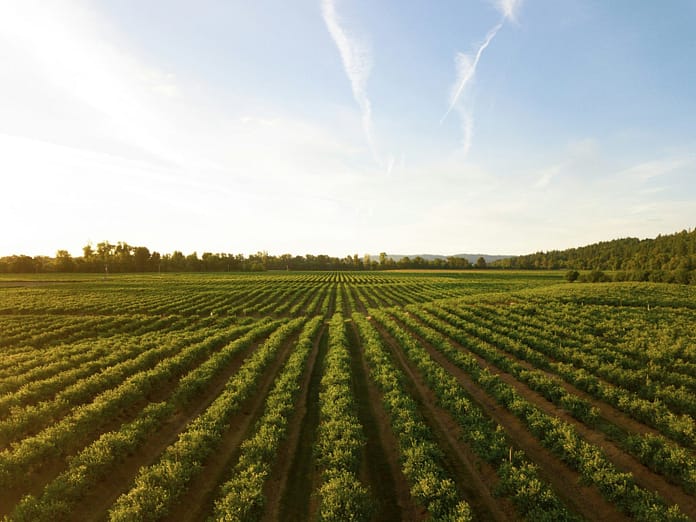Agriculture has long been the backbone of Africa’s economy, providing livelihoods for millions of people and contributing to the continent’s overall development. With its vast fertile lands and favorable climate, Africa has the potential to become a global leader in agricultural production. In this blog post, we will explore the growth of agriculture in Africa, its impact on food security, and the various factors driving this positive trend.
The Importance of Agriculture
Agriculture plays a crucial role in Africa’s economic and social development. It is not only a source of food and income but also a catalyst for job creation, poverty reduction, and rural development. The majority of the African population relies on agriculture for their sustenance and livelihoods, particularly in rural areas.
Furthermore, agriculture is essential for achieving food security in Africa. The continent faces numerous challenges, including a rapidly growing population, climate change, and limited access to resources. Sustainable agricultural practices can help address these challenges by increasing food production, improving nutrition, and reducing poverty.
The Rise of Organic Farming
One notable trend in African agriculture is the increasing adoption of organic farming practices. Organic farming focuses on sustainable and environmentally friendly methods that promote soil health, biodiversity, and natural pest control. This approach not only produces healthier and more nutritious crops but also minimizes the use of synthetic inputs.
Organic farming offers several advantages for African farmers. It reduces reliance on expensive chemical inputs, improves soil fertility, and provides higher market value for organic produce. Additionally, organic farming aligns with the growing global demand for organic products, presenting export opportunities for African farmers.
Improving Irrigation Systems
Irrigation is crucial for agricultural productivity, especially in regions with erratic rainfall patterns. In Africa, where the majority of farmers rely on rain-fed agriculture, improving irrigation systems is essential for enhancing food security and reducing the vulnerability of farmers to climate change.
Several initiatives and projects are underway to promote efficient and sustainable irrigation practices in Africa. These include the development of small-scale irrigation schemes, the use of solar-powered irrigation systems, and the implementation of water management strategies. By investing in irrigation infrastructure, African countries can enhance their agricultural productivity and reduce dependence on rain-fed farming.
Diversification of Crops
Traditionally, many African countries have relied on a few cash crops for export, such as cocoa, coffee, and cotton. However, there is a growing recognition of the importance of diversifying agricultural production to enhance food security and reduce economic vulnerability.
Agroecology, a holistic approach to farming, promotes the cultivation of a diverse range of crops and the integration of livestock and agroforestry systems. By diversifying crops, farmers can improve soil fertility, reduce pest and disease risks, and enhance resilience to climate change. Furthermore, growing a variety of crops can provide a more balanced and nutritious diet for local communities.
Investment in Agriculture
Recognizing the potential of agriculture to drive economic growth and reduce poverty, African governments and international organizations are increasingly investing in the sector. These investments aim to improve agricultural infrastructure, enhance access to credit and markets, and promote agricultural research and innovation.
Furthermore, partnerships with the private sector and international organizations are playing a crucial role in supporting African farmers. These collaborations provide technical expertise, access to markets, and financial resources, enabling farmers to adopt modern farming practices and increase their productivity.
Conclusion
The growth of agriculture in Africa holds great promise for the continent’s future. By embracing sustainable practices, improving irrigation systems, diversifying crops, and attracting investments, African countries can enhance food security, reduce poverty, and contribute to global agricultural production.
As we look ahead, it is crucial to continue supporting African farmers and empowering them with the knowledge, resources, and opportunities they need to thrive. By doing so, we can build a more resilient and sustainable agricultural sector that benefits both Africa and the world.


